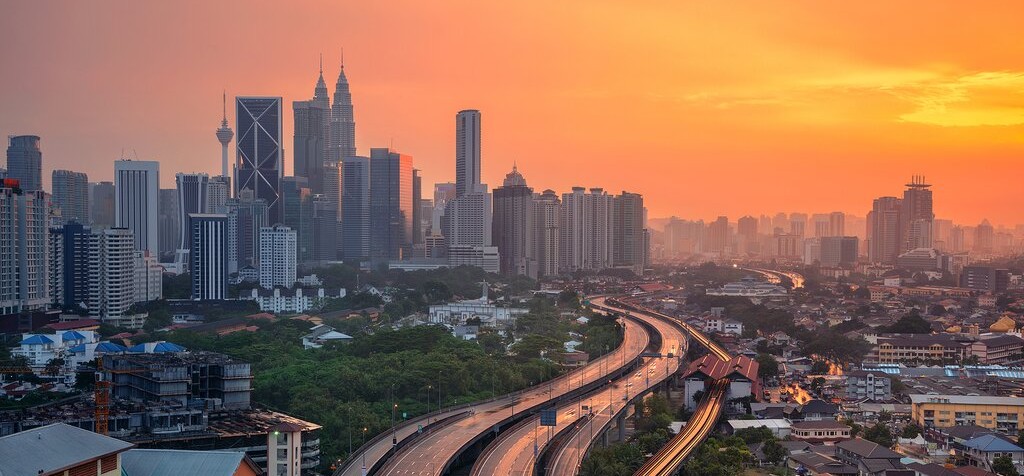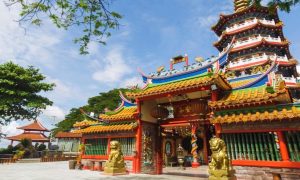Malaysia’s comparatively open stance towards foreign residents is paying off, with expats, international students, and MM2H visa holders together contributing more than RM84 billion a year — even as policies on the ground sometimes make them feel less than welcome.
Foreign residents are proving to be a major driver of Malaysia’s growth, contributing more than RM84.2 billion annually to the economy, according to property technology group Juwai IQI. At a time when other countries are closing their doors, Malaysia’s comparative openness is bringing clear returns.
Property enquiries from overseas buyers have risen by 52.5% in 2025, while expatriate arrivals are increasing sharply and international student enrolments have nearly doubled in just three years. Malaysia My Second Home (MM2H) visa holders are also at record levels.
“Malaysia is winning in this global market,” said Juwai IQI co-founder and CEO Kashif Ansari. “Foreign buyer bans send an unwelcoming signal and make it harder to win the global competition for investment, jobs and technology. In contrast, international residents here [in Malaysia] are growing in number and making an increasingly large contribution to government revenues and the economy.”
The numbers are significant. Chinese student enrolments have climbed from 82,000 in 2022 to nearly 200,000 today. With each contributing an estimated RM46,000 a year to the local economy, their total spending now tops RM9.2 billion annually. Expatriates, meanwhile, number over 120,000 and contribute RM75 billion to GDP along with RM100 million in income tax each year. MM2H visa holders have surged past 58,000, providing a steady and significant boost to property, services, and tourism.
Ironically, while Malaysia reaps the benefits of this international presence, its policies sometimes leave foreign residents feeling unwelcome. From excluding them from subsidies and charging a nightly tourism tax — even for residents — to increasing work visa costs and tightening approvals, these persistent “anti-foreigner microaggressions” often sit uneasily with the country’s otherwise open message, and the attitude of Malaysians themselves, the majority of whom are friendly and welcoming.
Yet despite this apparent disconnect between messaging and policies, Malaysia continues to attract. Kuala Lumpur leads with 44% of property enquiries, offering affordable luxury condos, international schools, and top hospitals. Sabah accounts for 22%, prized for its beaches and Mount Kinabalu. Johor appeals with its proximity to Singapore and new cross-border projects, while Selangor and Penang draw families, retirees, and investors seeking suburban comfort, island living, or access to world-class medical care.
Expats routinely praise Malaysia for its many positive attributes that collectively deliver an enjoyable and affordable lifestyle. With the welcome affirmation that foreign residents are contributing substantially to the country’s economy, it is hoped that Malaysia’s open-door attitude will spill over to its more nuanced policies, making life easier and more welcoming for expats who appreciatively call Malaysia home.

















